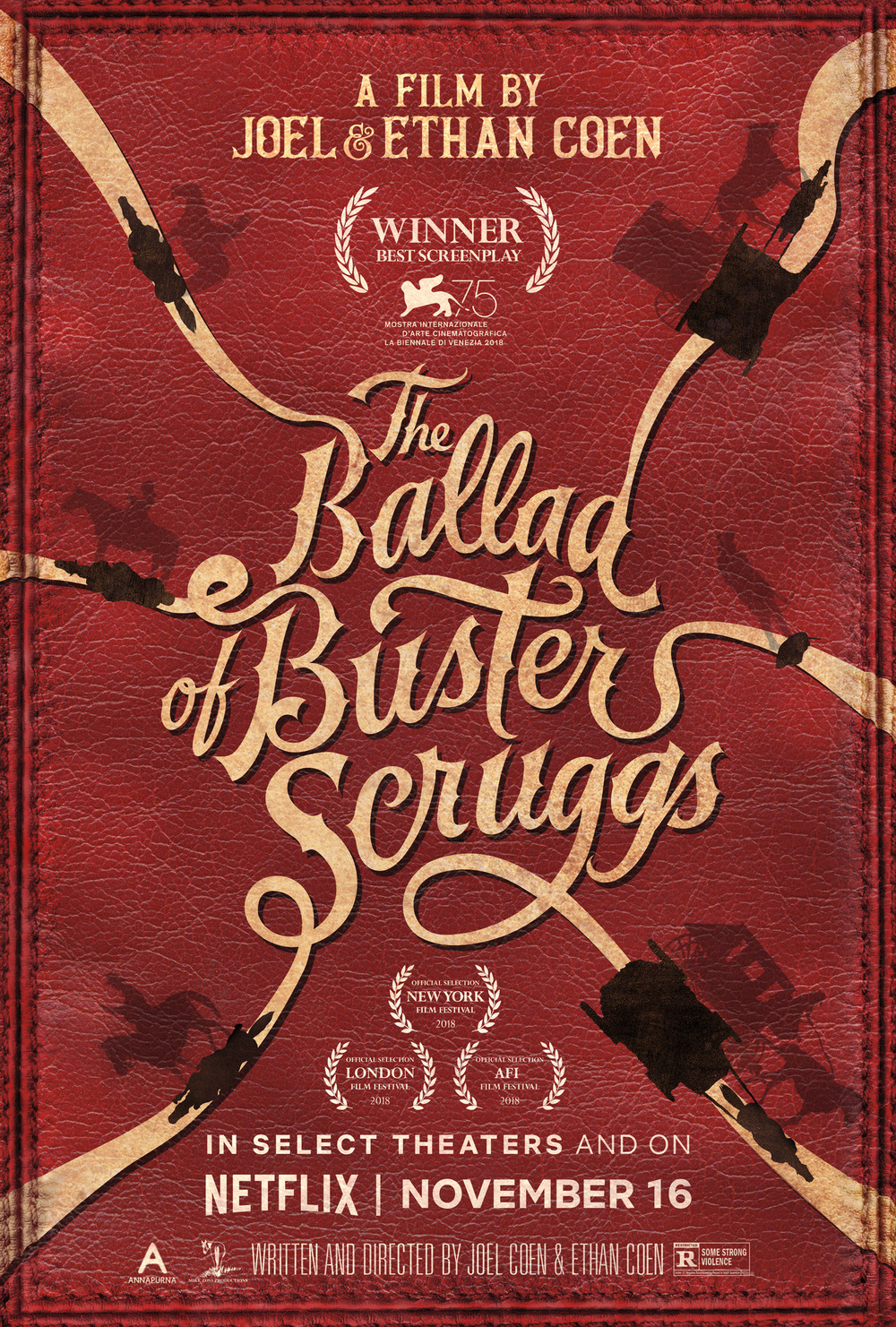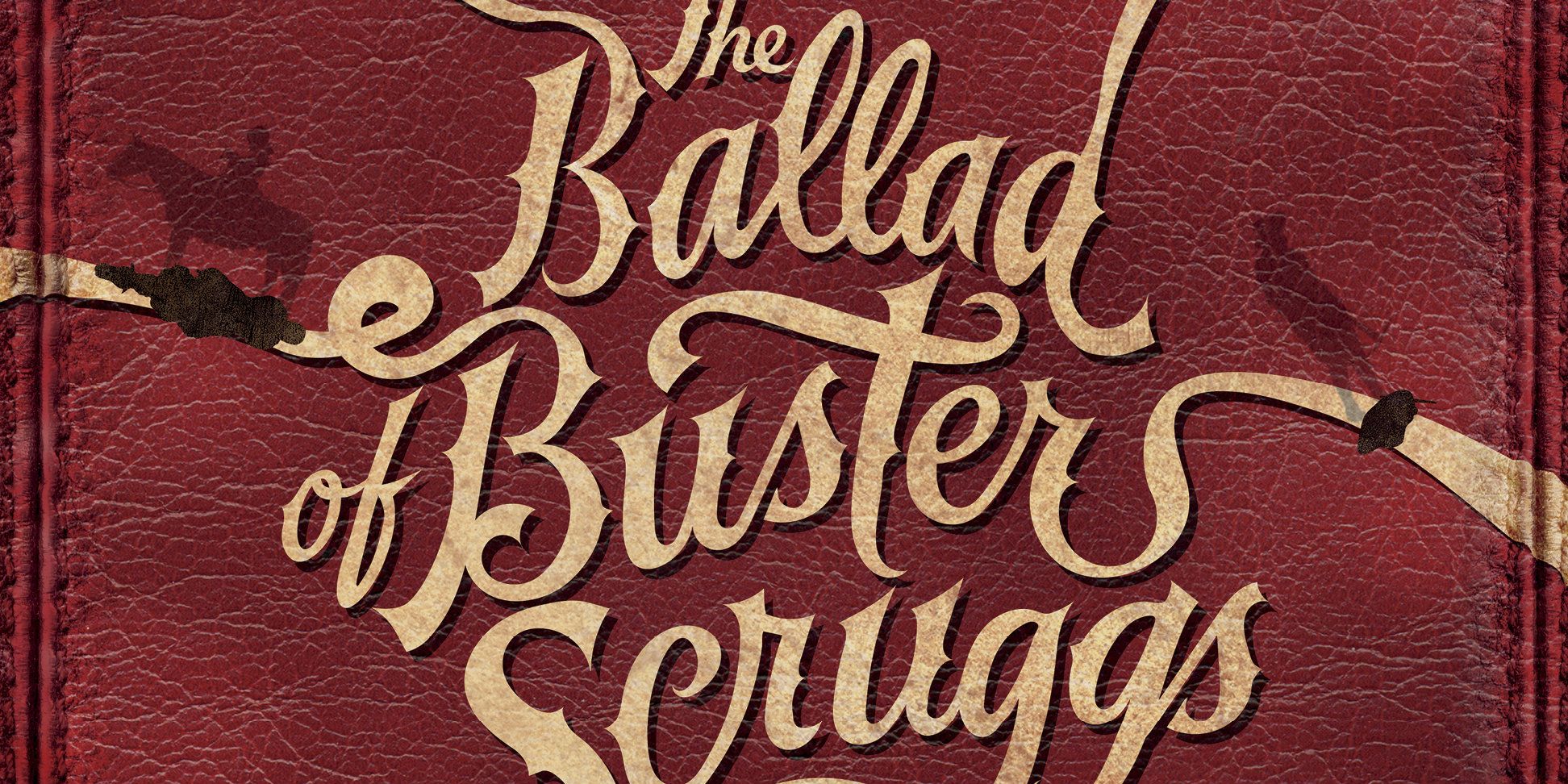


The legless and armless Harrison, who speaks only other people’s words, seems like the missing trunk of Shelley’s statue, the living remnant of the works of long-dead artists. Is Lincoln’s address wrong, then, to inspire hope for a just communal order, or foolish only to hope that it “shall not perish from the earth”? The poem brutally reminds us that political orders, like all things human, pass. Like Buster Scruggs, Shelley’s mighty king knows not his mortality, making ironic and eerie the king’s command to despair of our grand plans. The lone and level sands stretch far away.” Of that colossal Wreck, boundless and bare Look on my Works, ye Mighty, and despair! The hand that mocked them, and the heart that fed Which yet survive, stamped on these lifeless things, Tell that its sculptor well those passions read Half sunk a shattered visage lies, whose frown,Īnd wrinkled lip, and sneer of cold command,

Who said-“Two vast and trunkless legs of stone Harrison reminds his audience that they, too, will melt “into air, into thin air” ( The Tempest ), while the other Shakespeare excerpts suggest that love, friendship, and mercy grant us some transcendence of life’s ordeals. We get such long segments of these works that they must be significant. Armless and legless, the orator Professor Harrison (Harry Melling)-his stage name is “The Wingless Thrush”-is kept by an impresario (Liam Neeson), who carts Harrison from town to town collecting coins as the Wingless Thrush recites the classics: Shelley’s “Ozymandias,” Cain and Abel from Genesis, Shakespeare’s Sonnets 29 and 30, Lincoln’s Gettysburg Address, and speeches from The Tempest and The Merchant of Venice. With “Meal Ticket” the Coens deliver their darkest and richest tale. The bank robber departs receiving a final grace, a smile from a pretty girl, before he drops. Life might take absurd and unpredictable turns, but we shouldn’t be surprised by our fate. On the scaffolding, he turns to the noosed man sobbing at his side: “First time?” Having been at the end of his rope before, the robber is conscious of his mortality, unlike the self-ignorant Scruggs. In the second story, “Near Algodones,” a bank robber (James Franco) avoids being hanged for something he did, only to be falsely accused of something he didn’t. The winged soul of the “San Saba Song-Bird” floats away crooning about a heaven where “men ain’t low down and poker’s played fair.” Yet when he meets his successor, Scruggs is shocked. Such a prolific and dexterous dealer of death should be prepared for his own. Scruggs, as quick tongued as he is gunned, mixes a dim view of human nature with a chipper attitude even as this story blends Bugs Bunny-cartoonishness with Quentin Tarentino-style brutality. The first vignette portrays the singing cowboy Buster Scruggs (Tim Blake Nelson). Not only an anthology of “tales of the American Frontier,” the film is about how stories orient us as we try to make sense of life as a frontier that is bordered by death, that “undiscover’d country from whose bourn no traveller returns.” Our ignorance about what death is-and about its how and when, for us personally-means that stories help us as we each inch toward our end.

It is a thoughtful, funny, and exquisitely crafted film. Someone seeing the world through culture-war-colored glasses will miss the unpolitical theme of the film-death-and will also miss its political upshot: the importance of poems, speeches, songs, and stories in helping us to approach mortality better, and to approach immortality, too, by extending the meaning of our lives beyond our lives. But a viewer expecting one might judge it to be either a revisionist or an anti-Western Western.Īrmond White at the National Review calls it “an Anti-Thanksgiving movie that makes one ashamed of America’s heritage.” What the National Review reviles, the New Yorker celebrates: Richard Brody is glad that it shows “the relentless cruelty, wanton violence, deadly recklessness, and cavalier abuses of unchecked power that prevailed in the thinly and casually governed Wild West.” The classical form of the Western portrays communities, through leaders, establishing a livable order out of lawlessness. After all, other people sometimes do.īilled as a Western, the Coen brothers’ Netflix-distributed Ballad of Buster Scruggs is a collection of six short stories about death on the frontier.


 0 kommentar(er)
0 kommentar(er)
